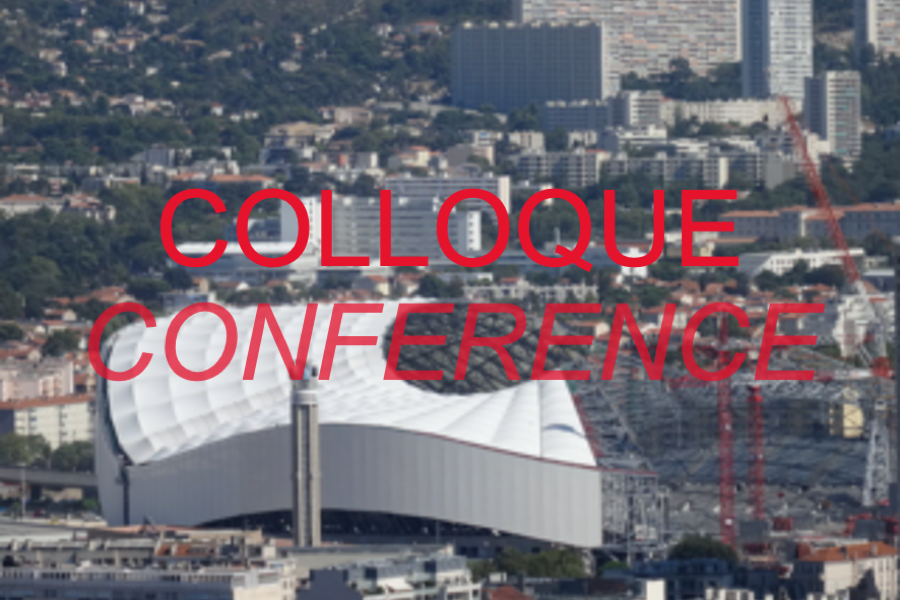Isabelle Baraud-Serfaty & Nathan Benamouzig, “The new value of curbs. Under the effect of the digital transition”, Articulo – Journal of Urban Research, 2021
13 February 2023
Call for papers for the ICPP6 – Toronto 2023, “T07P23 – Are cities fit for the climate crisis ? Assessing transformative change through Climate Action Plans and GHG inventories”, 27-29.06.2023
13 February 2023AxPo and Cities are back in town, Ugo Rossi, The Return of the Urban State: The Political Construction of Technology-Driven Economies, 02.02.2023, 17:00-19:00
AxPo & “Cities Are Back in Town” joint seminar
Presenter: Ugo Rossi, Professor of Political and Economic Geography at the Gran Sasso Science Institute
Title: “The Return of the Urban State: The Political Construction of Technology-Driven Economies”
Discussion by: Tommaso Vitale, Dean of the Urban School, Sciences Po
When: Thursday, 2 February 2023, 17:00-19:00
Where: Location: K.011*, 1 Place Saint-Thomas d’Aquin 75007, Sciences Po, Paris
*There will also be a Zoom link to enable a hybrid seminar.*
Registration required here:
https://docs.google.com/forms/d/10D6ACtpvmFDtqkjLWW2fGJm37dSJM_-3c0-DDZ1Hmng/edit
Abstract
Within current debates on the ‘return of the state’, the state is regarded as an almost absent actor in contemporary capitalism. In these debates, the state intervenes in the economy as an agent of regulation in a context of purported crisis of the neoliberal order, while its multiple role (direct and indirect) in tech-based urbanised economies remains overlooked. In this paper, I analyse the key role of the state in tech-driven economies. Drawing on my research, I explore the actually existing role of the state in urbanised knowledge economies, highlighting that the state does not intervene in a traditional Keynesian sense of regional economic planning, but through a ‘strategic urbanisation’ of its conduct. In recent years, mainstream urban economists have highlighted place-specific endowments such as cultural diversity, environmental amenities, and the clustering of talent as the main factors attracting competitive businesses and highly skilled human capital in one place rather than in another. In my paper, I attempt to show how entrepreneurial urban economies are strategically constructed through a complex ‘politics of operations’ (financial, cultural, logistics) enacted by both the local and the national states. In the concluding part of my talk, I discuss the implications of my conceptual perspective for the analysis of the French Tech Initiative.
Biography
Ugo Rossi is Professor of Political and Economic Geography in the Area of Social Sciences. In 2003 he received a doctorate in “Geography of Development” from the University of Naples “L’Orientale”, Italy, under the supervision of the late Pasquale Coppola.
His research focuses on urban and regional development from a perspective of critical and radical human geography. In recent years, he has been interested in technology-driven urban economies and their societal governance, conducting field research on smart-city strategies, start-up urbanism, platform economies, and the existential threat of fast urban revival. At the same time, his research engages with progressive and radical experiments in local politics, particularly from the perspective of the urban commons, new municipalism and ‘face-to-face democracy’. At the regional level, his work prioritises the standpoint of the ‘southern question’, looking at the ways in which the peripherality, marginalisation and abandonment of the southern regions of Italy and Europe are constantly reproduced over time.

